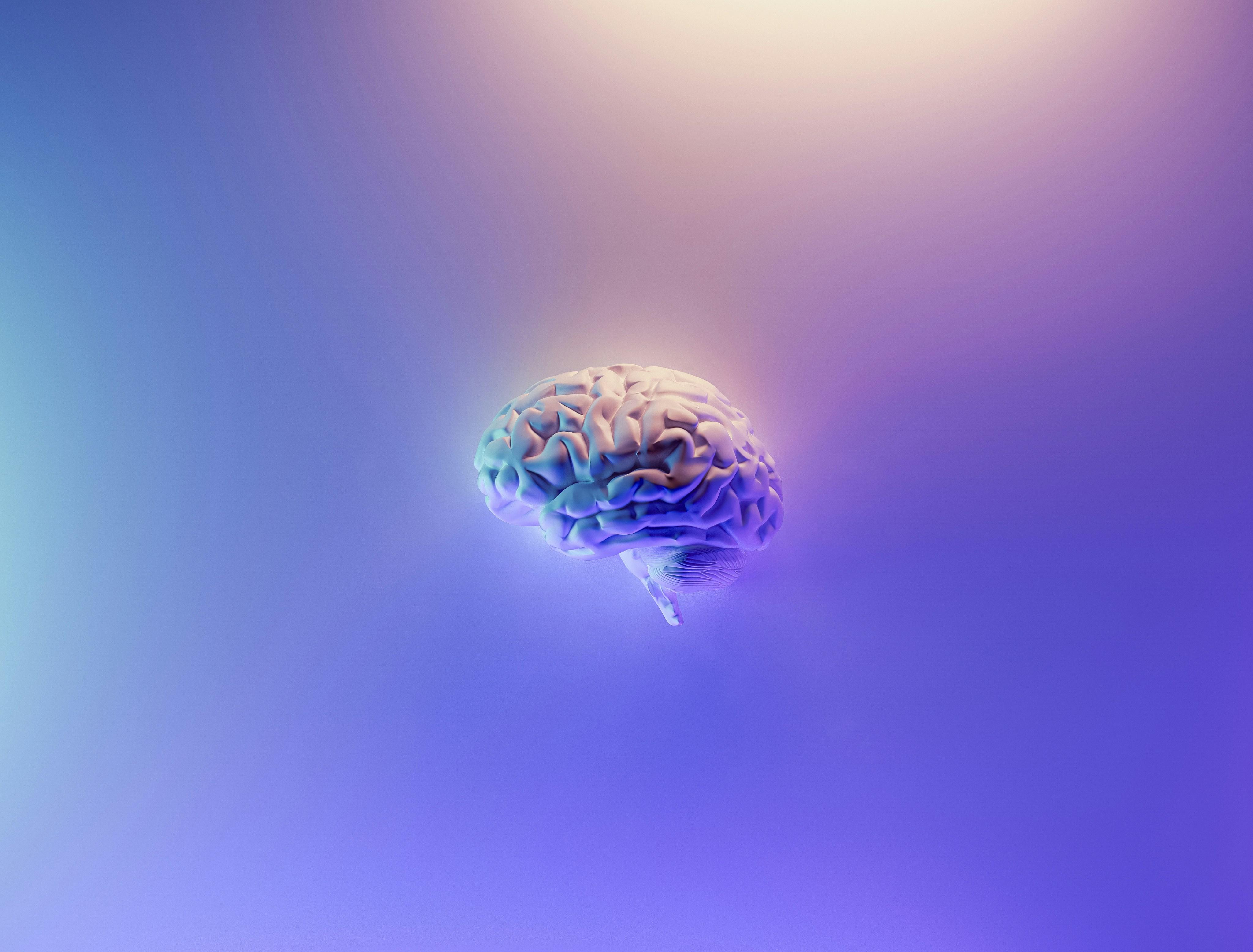In the quiet corners of our daily routines, a profound relationship often goes unnoticed—one that weaves the threads of what we eat with the intricate tapestry of how we feel. Imagine if the secret to a clearer mind, a more resilient spirit, and a brighter outlook on life lay not in a therapist’s office or a pharmacist’s counter, but on our very plates. The connection between nutrition and mental health is an emerging field of study that bridges the gap between the physical and the psychological, revealing that the foods we consume may hold the key to our emotional well-being. This article embarks on a journey through this fascinating intersection, exploring how the nutrients that fuel our bodies can also nourish our minds, fostering a more holistic approach to mental health.
Nourishing the Mind: How Diet Impacts Mood and Cognition
It’s fascinating how the foods we consume daily can shape our mental well-being. Studies have shown that certain nutrients play a pivotal role in enhancing brain function and mood regulation. For instance, omega-3 fatty acids, found in fish like salmon and mackerel, are known to support cognitive function and reduce symptoms of depression. On the other hand, antioxidants, prevalent in berries and leafy greens, help combat oxidative stress, potentially lowering the risk of mental decline.
- Whole grains: These provide a steady release of glucose, ensuring consistent energy levels for the brain.
- Lean proteins: Foods like chicken, turkey, and legumes are rich in amino acids, essential for neurotransmitter production.
- Fermented foods: Yogurt, kimchi, and sauerkraut contain probiotics that support gut health, which is closely linked to mental health.
By incorporating a variety of nutrient-rich foods into our diet, we can create a solid foundation for both physical and mental health, nurturing our minds as much as our bodies.
Essential Nutrients for Mental Wellness: What to Include in Your Diet
To foster mental wellness, it’s crucial to incorporate a variety of essential nutrients into your diet. These nutrients play a significant role in brain function, mood regulation, and overall mental health. Here are some key elements to consider:
- Omega-3 Fatty Acids: Found in fish like salmon and mackerel, as well as flaxseeds and walnuts, these fats are known to reduce inflammation and support brain health.
- B Vitamins: Vital for energy production and cognitive function, B vitamins can be sourced from whole grains, legumes, and leafy greens.
- Antioxidants: Foods rich in antioxidants, such as berries, dark chocolate, and green tea, help combat oxidative stress and protect brain cells.
- Magnesium: Essential for nerve function and stress reduction, magnesium is abundant in nuts, seeds, and dark leafy vegetables.
- Probiotics: A healthy gut is linked to a healthy mind. Yogurt, kefir, and fermented foods like kimchi and sauerkraut are excellent sources of probiotics.
By integrating these nutrients into your daily meals, you can help support and enhance your mental wellness, paving the way for a healthier, happier mind.

Understanding the Gut-Brain Axis: The Role of Probiotics and Prebiotics
The gut-brain axis is a fascinating and complex system of communication between your digestive tract and your brain. This bidirectional pathway plays a significant role in regulating not just digestion, but also emotions and cognitive functions. Emerging research highlights the importance of maintaining a healthy gut microbiome for overall mental well-being. Here, probiotics and prebiotics come into play, acting as key players in this intricate relationship.
Probiotics are live beneficial bacteria that can be found in fermented foods like yogurt, sauerkraut, and kefir. They help to balance the gut microbiome, potentially reducing symptoms of anxiety and depression. Prebiotics, on the other hand, are non-digestible fibers that feed these beneficial bacteria, promoting their growth and activity. Foods rich in prebiotics include:
- Garlic
- Onions
- Bananas
- Asparagus
- Whole grains
By incorporating a balanced intake of both probiotics and prebiotics into your diet, you can support a healthy gut, which in turn may enhance your mental health. This holistic approach underscores the profound connection between nutrition and mental well-being, making it essential to consider what we eat as a cornerstone of our mental health strategy.

Practical Dietary Changes for Enhanced Mental Health
Incorporating specific dietary changes can significantly uplift your mental well-being. Start by including omega-3 fatty acids in your meals, which are found in fish, flaxseeds, and walnuts. These nutrients are essential for brain health and can help reduce symptoms of depression and anxiety. Additionally, consider adding more antioxidant-rich foods such as berries, dark chocolate, and leafy greens to your diet. Antioxidants combat oxidative stress, which is linked to cognitive decline and mood disorders.
To maintain stable energy levels and prevent mood swings, opt for complex carbohydrates like whole grains, legumes, and vegetables. These foods provide a steady release of glucose, which is the brain’s primary energy source. Also, don’t forget the importance of hydration; drink plenty of water throughout the day to keep your brain functioning optimally. Avoid excessive caffeine and sugar, as they can lead to energy crashes and irritability.





